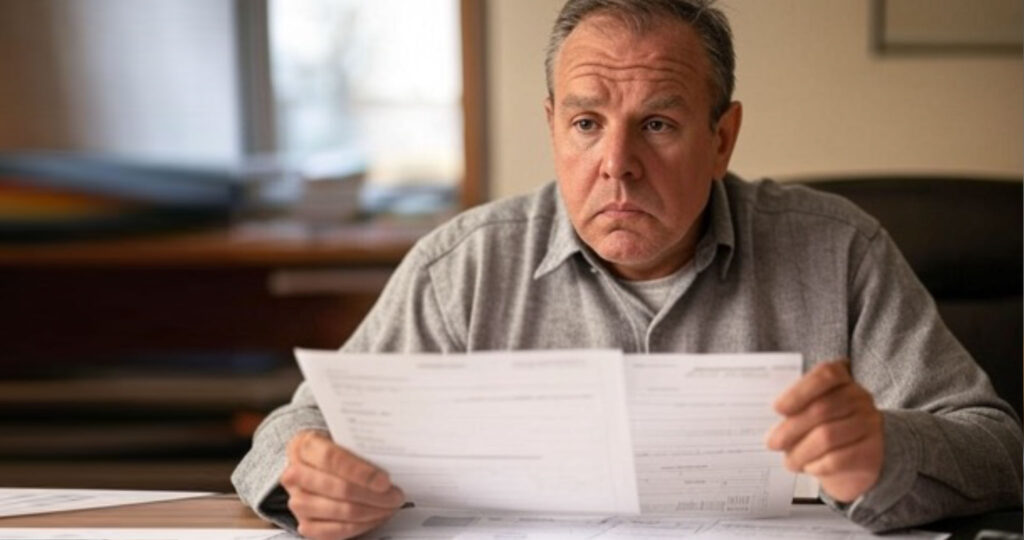Few things are as frustrating—and concerning—as receiving a notice that your homeowners’ insurance policy is being canceled or not renewed. Losing coverage can leave you feeling vulnerable, whether it’s due to an aging roof, claims history, or changes in your provider’s policies.
Recent data indicates a concerning trend of homeowners losing insurance coverage across the United States, including South Carolina. Several factors contribute to this issue, notably the increasing frequency of natural disasters and the rising costs associated with insuring high-risk areas. In 2023, insurers reported losses on homeowners coverage in 18 states, up from 12 states five years prior and eight states in 2013.
The significant increase in premiums has led some insurers to withdraw from specific states. In South Carolina, the situation mirrors national trends. Four of the state’s largest property insurers have indicated plans to non-renew approximately 20,000 homeowners’ policies along the coast, primarily due to the heightened risks associated with climate change and natural disasters.
But before you panic, there are clear steps you can take to secure new coverage and even improve your insurance options.
- Understand Why Your Policy Is Being Canceled
Insurance companies can cancel a policy for a few reasons:
- Nonpayment of premiums – If you’ve missed payments, your coverage can be canceled after a grace period.
- Increased risk factors – An outdated roof, structural concerns, or frequent claims may increase your risk.
- Changes in underwriting guidelines – Sometimes, insurers shift their policies and no longer cover certain regions or property types.
In South Carolina, insurance providers must follow specific regulations when canceling or non-renewing a policy:
- If your policy has been in effect for less than 120 days, insurers can cancel for any reason but must provide at least 30 days’ written notice (10 days for nonpayment).
- If your policy has been active for more than 120 days, you can cancel it only for nonpayment, misrepresentation, or significant risk changes, and you must give a 30-day notice.
- For non-renewals, insurers must provide at least 60 days’ notice with a clear explanation, and they cannot deny renewal solely due to claims from natural disasters (“Acts of God”).
Carefully review your cancellation notice to determine the specific reason and timeline. If anything is unclear, contact your provider for clarification.
- Act Quickly—Don’t Wait Until Coverage Ends
You typically have a window of time before your policy officially expires. Use this period wisely to arrange new coverage so there is no lapse, which could leave you unprotected.
Even a brief gap in coverage can be risky and may lead to higher premiums from future providers.
- Contact Your Insurance Provider
You might be unable to ‘insure’ you’ll stay with the same provider, but a quick call could keep the door open. If your policy is being non-renewed rather than outright canceled, you may be able to negotiate.
Call your provider and ask if there are steps you can take to reinstate your policy, such as repairing your roof, updating electrical systems, or installing safety features. Some insurers offer policyholders a chance to fix issues before termination.
If your policy is being canceled for nonpayment, ask about reinstatement options. In some cases, catching up on overdue payments may allow you to keep your coverage.
- Shop Around for a New Policy
Start comparing coverage options as soon as possible. Work with an independent insurance agent who can provide quotes from multiple carriers.
Factors to consider when choosing a new provider include:
- Coverage limits and exclusions
- Premium costs and deductibles
- Reputation and customer service reviews
- Financial stability of the insurer
If you’re in a high-risk category (e.g., old roof, frequent claims), you may need to explore specialty insurance providers that cater to non-standard policies.
- Look Into State-Backed Insurance Programs
If private insurers leave you out in the cold, state-backed programs can be your safety net—though they may come with a premium price tag.
In South Carolina, homeowners who struggle to find private insurance may be eligible for coverage through the South Carolina Wind and Hail Underwriting Association or other last-resort programs. These policies are more expensive but provide critical protection while seeking a better option.
If you believe your policy was unfairly canceled, you can file a complaint with the South Carolina Department of Insurance (SCDOI). The SCDOI investigates insurance disputes and can take action against unfair practices.
- Prevent Future Cancellations
An ounce of prevention is worth a pound of premiums. To reduce the risk of future cancellations:
- Keep up with maintenance – Regularly inspect and repair key areas like your roof, plumbing, and electrical systems.
- Limit claims when possible – Filing multiple small claims can make insurers view you as high risk.
- Stay current on payments – Set up auto-pay or calendar reminders to avoid missing due dates.
Final Thoughts
Losing your homeowners’ insurance policy can be stressful, but taking quick action can help you secure new coverage without significant disruptions.
You can protect your home and financial well-being by understanding the reasons for cancellation, communicating with your insurer, and exploring new options.
If you’re facing a policy cancellation in South Carolina, take advantage of consumer protections and resources like the SCDOI to ensure you’re treated fairly.
Have a question? Speak with one of our agents today! Our team of experts works hard to stay informed about state-specific regulations and consumer protections so that they can help you navigate these challenges effectively.

